Charging Order – If the debtor owns or has an interest in a property, you are able to apply to the Court to place a charge on the debtor’s house for the amount that you are due under the CCJ, plus court fees and basic costs. A Charging Order will not provide you with payment of the debt immediately but it will provide you with security for the debt which will be discharged when the property is sold, provided there is sufficient equity.
Order for Sale – Once you have secured a Charging Order, you can attempt to recover payment before the debtor decides to sell the property voluntarily by applying to the Court to force the sale of the property. The Court will take into account the debtor’s circumstances, particularly if the charge is over a family home when it is unlikely to order that it be sold unless there is a substantial amount of equity available.
County Court Bailiff/High Court Enforcement Officer - This involves instructing a third party to go to the Debtor’s premises to seize assets to the value of the debt plus the costs of execution. If the Judgment was granted in the County Court then the County Court Bailiff may be instructed. If the Judgment Debt is over £600 it is be possible to transfer enforcement proceedings to the High Court where enforcement is carried out by a High Court Enforcement Officer (HCEO). The HCEO will manage the entire transfer up process on your behalf and commence enforcement action once the writ is received from the Court.
HCEOs are known to have significantly higher collection rates than a County Court Bailiff as they have considerably more powers to enforce than those of a County Court Bailiff. Their fees and costs are recoverable from the debtor therefore the HCEO has an incentive to recover the outstanding sums as otherwise they would not be paid. When enforcing a money Judgment their first course of action is to take control of (seize) the debtor's goods. These can be removed and sold if the debtor fails to pay the sums due and, in most cases, the threat of seizure is usually enough to secure payment.
Attachment of Earnings Order - This is a method by which money will be taken from the debtor’s wages to pay for the debt. You will need to know the name and address of his/her employer and make an application to the Court for an order that your debt is paid out of the debtor's salary by the employer directly to you, usually by way of instalments.
Third Party Debt Order - This is an order whereby the Court orders that money owed by a third party to the debtor, be paid directly to you. If a debtor has a bank account which is in credit, the bank owes them money. Accordingly, a Third Party Debt Order can be used against a bank account in their name. A benefit of this order is that as soon as the application is served on the bank or any other third party, they are not allowed to pay the money to the debtor. In the case of a bank account, the result of this means that it will, in effect, be frozen until the date of the hearing of the Application. This sometimes leads to prompt payment, before the Application Hearing, in order to free up the bank account.
Information Order – This is helpful if you are unaware of the means/assets of the debtor. This is done by making an application to the Court for an Order to Attend. The debtor is ordered to attend before a court officer to answer questions about their finances on oath.
Bankruptcy/Winding Up Petition – If the above options are not suitable, a last resort, depending on the circumstances of the debt, could be insolvency proceedings. However, making an individual bankrupt or winding up a company is unlikely to result in you recovering your debt. The threat of doing so, however, does often lead to payment being made.
Our Litigation Team can provide you with advice in relation to the above enforcement options and will be happy to discuss which option will work best for you or your company. Call us on 01740 646000 to discuss.




